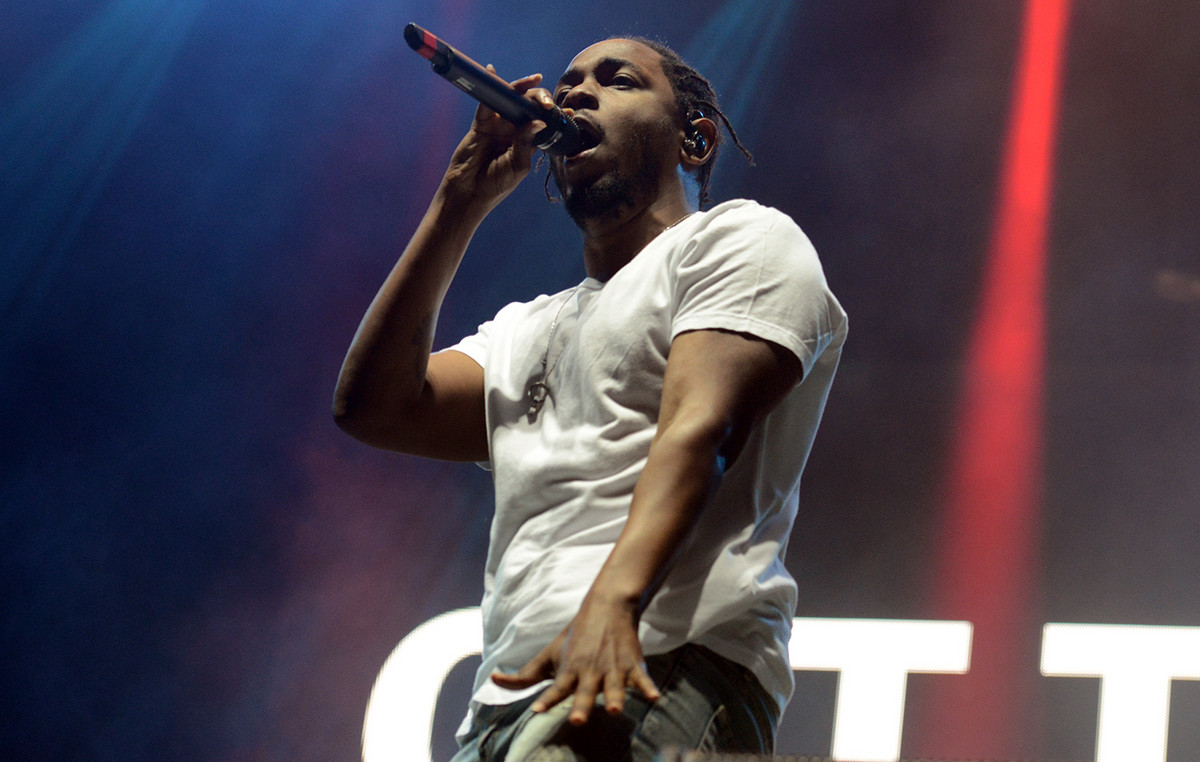With 70 years of reign, Elizabeth II whose death was announced this Thursday (8), should be remembered as a symbol of unity and stability, in addition to the great popularity in the UK and in the world, say experts to CNN .
When she assumed the throne, succeeding her father, the then 25-year-old princess Elizabeth Alexandra Mary became the head of state of the British Empire, with global scope and still many marks of the 19th century.
Decades later, Queen Elizabeth II ends her reign as leader of a country that lost its colonies, went through countless internal and external crises and had transformations in its society, economy and culture.
In this sense, Kai Enno Lehmann, a professor at USP, states that the monarch “represented to the world a United Kingdom as it used to be, as many would like the country to be again, but which it will not be”.
Stability amid crises
Lehmann points out that, constitutionally, the political power of the British monarch is “very limited”, which ends up giving kings and queens a more symbolic character, as in the case of the queen.
For him, Elizabeth II represented, internally and externally, “stability and predictability, something that certainly in the last 10, 15 years, has been lacking in the United Kingdom”.
The professor recalls that the United Kingdom has gone through countless crises over the last 70 years, of different types: political, economic, the loss of the Empire, the departure from the European Union conflicts in Northern Ireland, among others.
In this scenario, Elizabeth II “is the symbol of the continuity of this country despite all these problems”.
“She goes beyond the institution she represents, she as a person represents a stability, stoicism, which was often lacking in the country. It leaves this legacy of representing everything the UK was known for in the old days,” she says.
Lehmann points out that the UK may not be in a better situation than when the Queen took the throne, but that “in people’s minds, the weakening of the country, and the crises it is going through, has nothing to do with her. ”.
“I imagine the general comment would be that she did well despite the surroundings, people, politics, family, which created a lot of problems. She did well, which says a lot about her qualities,” she notes.
The professor also recalls that Elizabeth II “never fell into the temptation to meddle in the country’s politics”, something that her successor and son, Charles III , can do differently. “In his life, she’s made political comments, and she’s never done that.”
He believes that “in 10, 20 years from now, when we look at what she was like as a monarch, she should be characterized as a great queen, despite everything”.
In Lehmann’s assessment, Elizabeth II’s legacy is “very symbolic. I think in many ways, certainly in people’s imaginations, it represents a lot of what the country has lost over the last few years.”
Leonardo Trevisan, a professor at ESPM, recalls that the death of Elizabeth II marks the end of an “Elizabethan era”, in which the queen had “70 years of power in which the world underwent brutal transformations”.
“Her father becomes king when she is an adult. She was uneducated to be queen, and she comes to her own kingdom for an untimely reason, her father dies prematurely, and she was traveling when it happened,” she says.
Therefore, he believes that the queen needed to learn how to act as a monarch while performing the function, and how to perform her different tasks in the process.
“She needed to keep up with modernity, understand the change in the world and how that would translate to her. Also, living with the fact that England was going global,” she recalls.
For the professor, this internal dynamic is mainly symbolized by the queen’s relationship with two prime ministers, Margaret Thatcher symbol of “England of the market age”, and Tony Blair, representative of “England social-democracy”.
“She learned to be queen in the exercise of power, and in the process England undergoes changes. She was queen at different stages in which England was losing its presence on the international scene, and she accompanies this process, with harsh consequences in the English context”, she evaluates.
Popularity
In 2022, with the celebration of the 70th anniversary of her reign, the opinion research company YouGov carried out a series of surveys on the view of the English public about the queen and the monarchy.
One of the most important results was the approval rating: more than 70% of Britons thought that Elizabeth II did a good job on the throne, a figure that has not changed much over the decades.
Trevisan attributes this to “the construction of a specific charisma by the queen, in which she announced tough decisions, even by the family, and was fully supported by the population. THE Lady Di is the great example, but when she became queen she had to prevent her sister from marrying a divorced man”.
“In her government, the Crown has to deal with the new world of communication, and she understands the role of communication and accepts it to popularize the figure of the monarchy”, he says.
For him, the greatest legacy that Elizabeth II leaves is not the continuity of the monarchy itself, in general with a less positive evaluation than the monarch, but of having “educated all the English aristocracy that they needed to communicate with the world, not stay closed, and that’s what builds her popularity.”
“She accepts the world of television, electronic media, social networks. She understood the role of change and communication in building that popularity,” she says.
The professor believes that there is a “fragility in the legacy of the Crown due to the more timid and shy personality of the successor”, but that “longevity is more in William, who has a charisma that his father does not have”.
Trevisan points out that the country’s prime minister, Liz Truss and other leaders such as Blair, came to have republican positions when they were young, but left them behind, which indicates that “somehow, the English reality coexists better with the idea of monarchy because it has the image of Queen Elizabeth, which changes as reality changes”.
“Her longevity, and perception that the world was changing and needed to adapt, is the biggest guarantee that the Crown will continue, if it follows her model”.
Lehmann believes that Elizabeth II “certainly does not leave the monarchy in a weaker position”, but that the high level of popularity is unlikely to be maintained by her successors.
“There’s something about her personality that appeals to society as a whole, a charisma. Her popularity never suffered much, and with that the institution did well despite many scandals, from her own children, like Charles and Diana, the accusations against Prince Andrew,” she recalls.
Commonwealth of Nations and abroad
Internationally, Lehmann believes that the Queen knew how to take good care of her image, always stressing that the policy could be transitory, but that she and the institution of the Crown would remain the same.
One of the monarch’s main legacies must be not only to have kept the 56 members of the United Nations united, all former British colonies, but also to remain head of state in 15 of them.
“When you look back a few years, it may be one of the main conclusions, that she personified a union and stability that others cannot have, and that the maintenance of the community had a lot to do with her personally, and without her, it will have important changes”, ponders the professor.
He says that there is no way to know yet whether Charles will be able to deal with the institution, and that there is a risk that the monarch will be just a transition, with a short reign, for his son, even for his age.
“It would be dangerous for one of the two to just try to repeat what she has done, because it’s not her, it’s people, different personalities, they need to find their way, but the country is in a very tumultuous situation, which won’t calm down in the end. short term”, he points out.
The professor considers that “it would be important for the next monarch to try, in his own way, to be a figure of union, unification, pacifying the country, but I don’t know if Charles has that capacity”.
Trevisan associates Elizabeth II with an idea of stability not only for the United Kingdom, but for the rest of the world, being “a safe haven, even for international leaders, perhaps even because of her longevity. No other leader had the experience of power that she did.”
He characterizes the monarch as “a queen who had seen everything on the international scene, received different characters, and was a person who somehow transmitted this experience in international power”.
At the same time, Elizabeth knew how to understand a change in the international order, living the period of decolonization in Africa and Asia, and working on a “possibility of coexistence in the English world” by the Community of Nations.
“She understood that the post-War world was changing, and she understood the end of the Cold War, understanding the role that globalization would have in the world”, points out the professor.
For him, it is difficult to predict how Charles will deal with this scenario, but Trevisan is also betting on a transitional reign for William “who has a magnetism from her mother and learned about the exercise of power from her grandmother”.
Source: CNN Brasil
I’m James Harper, a highly experienced and accomplished news writer for World Stock Market. I have been writing in the Politics section of the website for over five years, providing readers with up-to-date and insightful information about current events in politics. My work is widely read and respected by many industry professionals as well as laymen.






